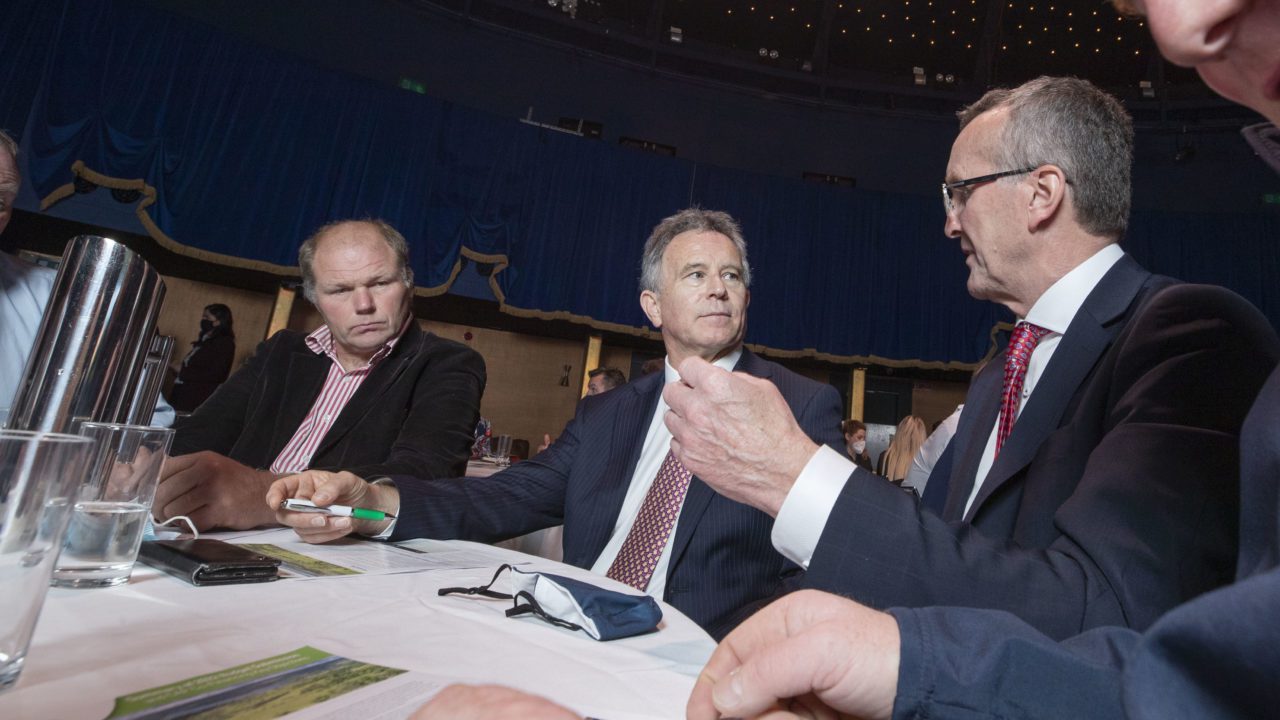The Irish Farmers’ Association (IFA) has met with Minister for Finance Paschal Donohoe to outline its priorities in the run-up to Budget 2022.
The meeting took place as part of the association’s pre-budget lobby day today (Wednesday, September 2022), in which IFA officials met with government ministers, while IFA county chairs met with TDs and senators.
Earlier today, an IFA delegation featuring president Tim Cullinan, farm business chair Rose Mary McDonagh and rural development chair Michael Biggins met with Minister Donohoe to put forward the IFA’s main asks.
Further meetings are scheduled this evening with Minister for Public Expenditure and Reform Michael McGrath and Minister for Agriculture, Food and the Marine Charlie McConalogue.
“There are several key measures the government must implement if it genuinely wants to ensure the future viability of Ireland’s largest indigenous sector,” Cullinan said today.
“Farmers across all sectors are facing an increasingly uncertain future. Increasing regulation; Brexit-related trade disruption; the prospect of substantial cuts in direct payments due to CAP [Common Agricultural Policy] reforms; climate action measures; and rising input costs mean Irish farming is in a perilous position,” the IFA president added.
The association is seeking assurances that Pillar II CAP schemes will be properly funded. Specifically, it is seeking an overall €300 payment per suckler cow, €30 per ewe and €300 million for the Areas of Natural Constraint (ANC) scheme.
As well as that, the IFA is looking for a new scheme for tillage farmers to “stop the exodus from the sector”.
On environmental and climate matters, the association wants confirmation of the government’s commitment to use Carbon Tax revenues for a new agri-environment scheme, as well as “accelerated” capital allowances and VAT exemptions on emissions-efficient investments.
Other key IFA priorities outlined today are:
- Renewal of the young farmer Stamp Duty relief post-2021;
- “Significant” taxation supports, as well as the removal of “discrimination” in the tax system for the self-employed;
- Increased flexibility on the Targeted Agricultural Modernisation Scheme (TAMS), with additional qualifying investments to ensure all funding is drawn down.
